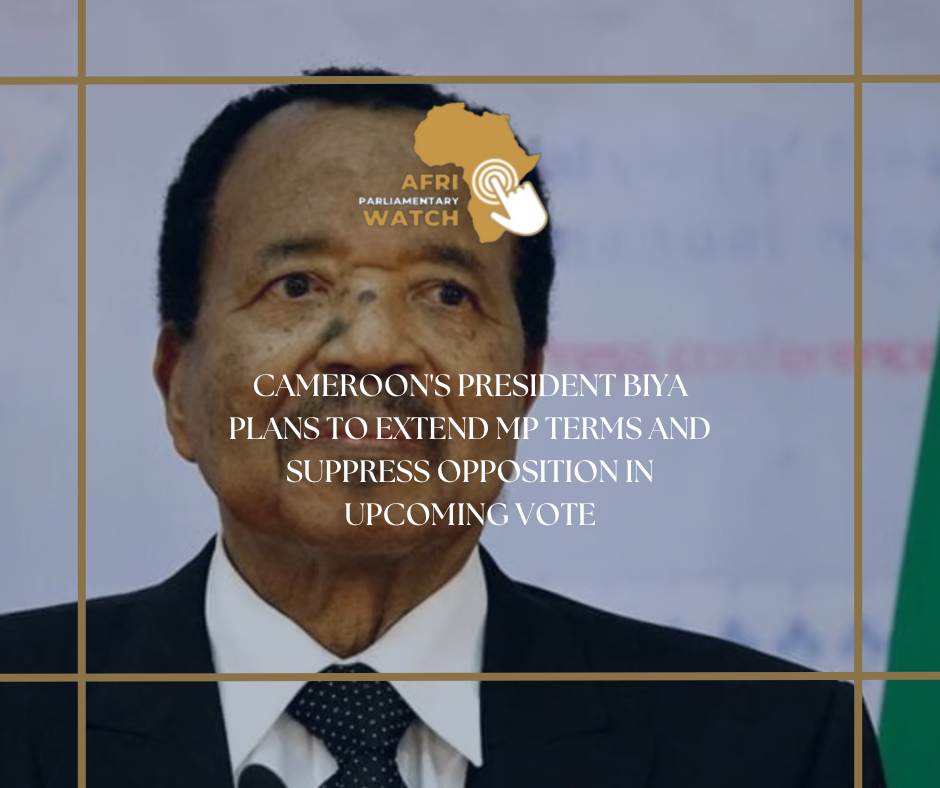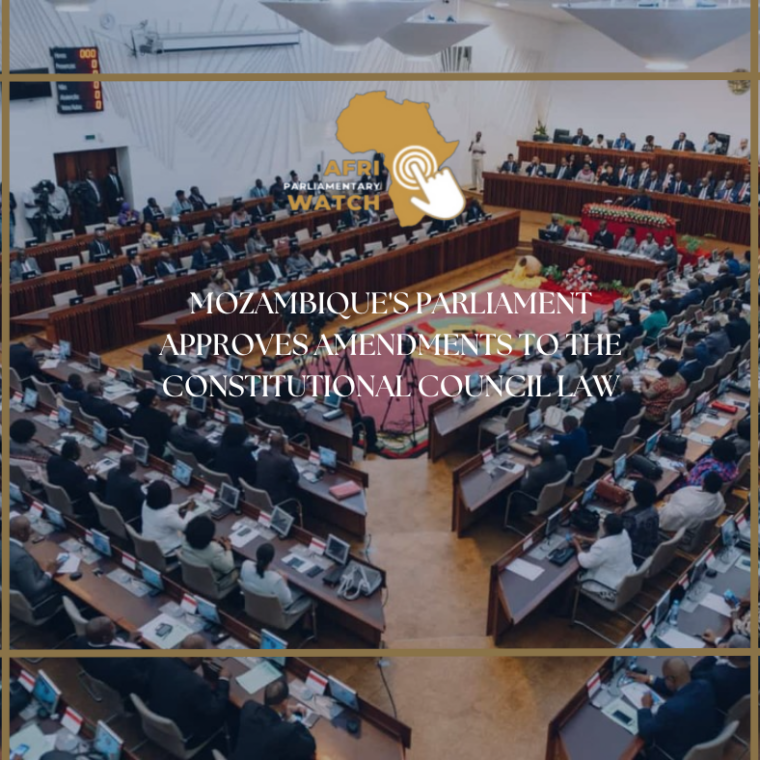In a recent move, Cameroon’s lawmakers from the ruling Cameroon People’s Democratic Movement (CPDM) have extended their parliamentary terms by one year, pushing their mandate from March 2025 to February 2026. This extension was requested by President Paul Biya and approved by the parliament, which is dominated by the CPDM with 156 out of 180 seats.
The extension has sparked controversy, particularly from the opposition. Joshua Osih, president of the opposition Social Democratic Front, condemned the decision as undemocratic and criticized the government for failing to prepare for the 2025 elections on schedule.
Opposition figures, including Maurice Kamto of the Cameroon Renaissance Movement (CRM), argue that the extension is a strategic move to hinder opposition participation in the 2025 presidential elections. Kamto, who claims to have been cheated out of the 2018 presidential election, believes that Biya’s extension of parliamentary terms is an attempt to solidify his grip on power.
Kamto also criticized the postponement of local elections, which he says is designed to keep him and other opposition leaders from gaining the necessary political representation to challenge Biya in the upcoming presidential race. The government has planned joint local and parliamentary elections for 2026, following the presidential elections.
Despite ongoing support rallies for Biya, who is 91, opposition leaders argue that the law and Biya’s extended rule reflect a broader pattern of undemocratic practices aimed at ensuring his continued leadership, potentially extending his presidency until he is 98.





